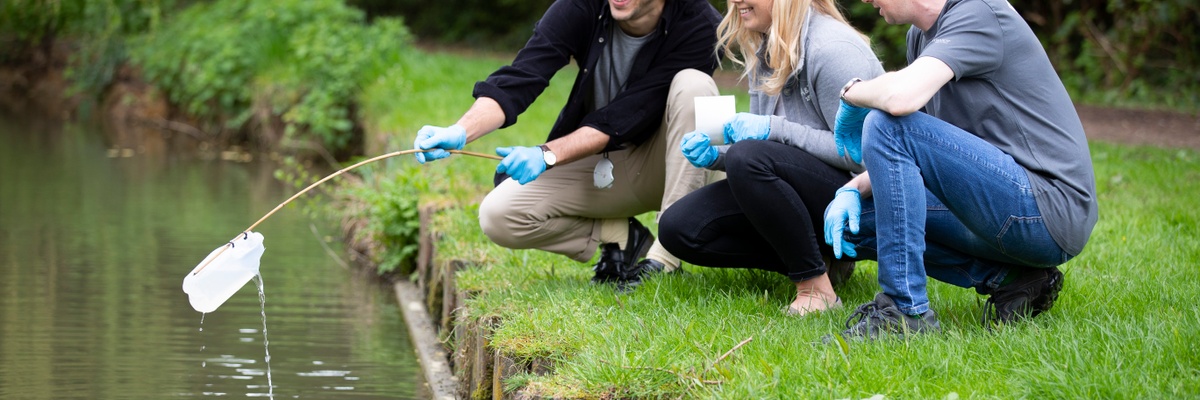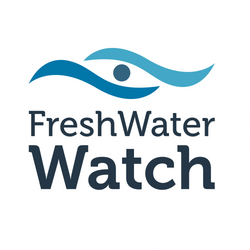

Only 2.5% of all water in the world is fresh water, and less than 1% of this is accessible, yet this resource is essential for all life on Earth. Fresh water is needed for drinking water, agriculture, irrigation, industry and power generation. In addition, 10% of the world’s animal species live exclusively in freshwater habitats.
Poor water quality is the cause of more deaths each year than from all forms of violence, including wars. It is also putting over 50% of freshwater fish species and 30% of amphibians at risk of extinction.
Water quality refers to a range of measures including temperature, pH, nutrient and chemical levels. These levels naturally vary between different freshwater environments, but human activity can cause extreme changes in water quality, from which natural environments cannot always recover.
You will have heard about the devastating impact of oil spills in marine environments, but did you know that our freshwater environments are also under threat, from the chemicals we use every day? This pollution comes from our farms, our homes, our roads, our sewage treatment works and more.
As water experts, we know that we will only improve freshwater habitats by working together. That’s why we bring together citizens, businesses, governments, scientists, and educators from across the world to protect our fresh water. By monitoring their local waterbodies, our citizen scientists around the world contribute data and knowledge to a unified global effort to improve the health of fresh water for everyone. The simple methodology and online platform enables citizen scientists to collect vital data on the health of freshwater ecosystems, exploring the impacts of pollution on freshwater quality and driving action.
Join a global community of over 16,000 citizen scientists who care about protecting freshwater, with projects from England to China, from Ireland to Tanzania.

リンク